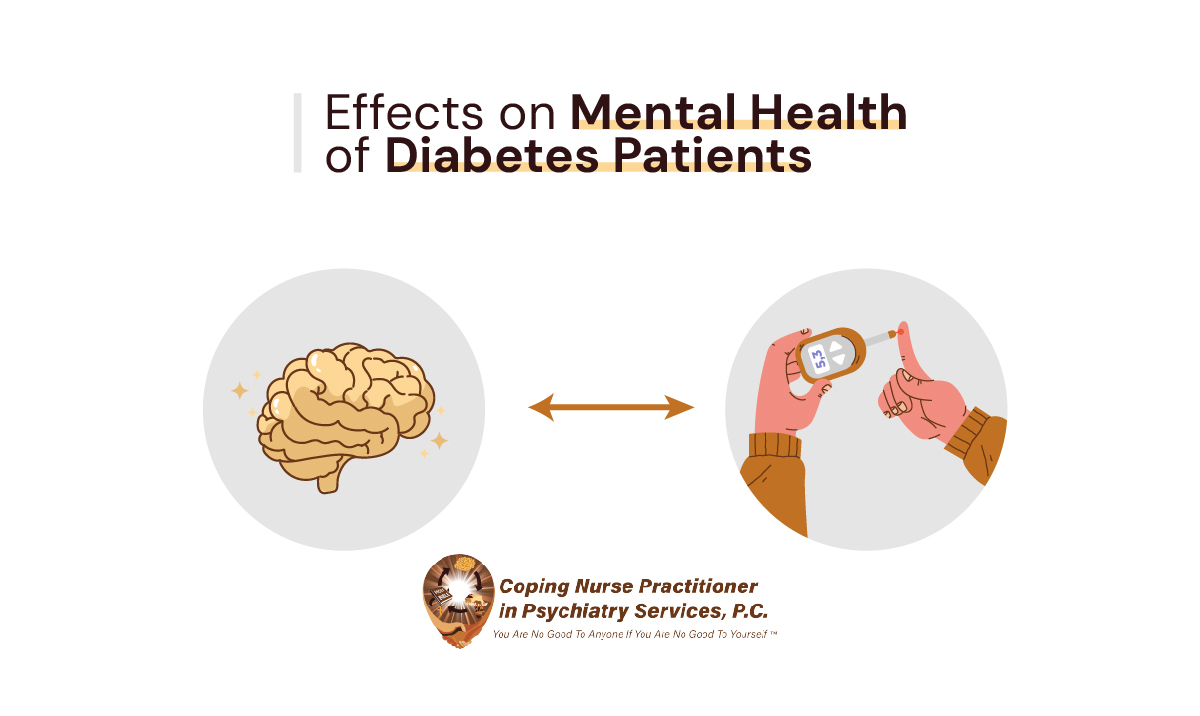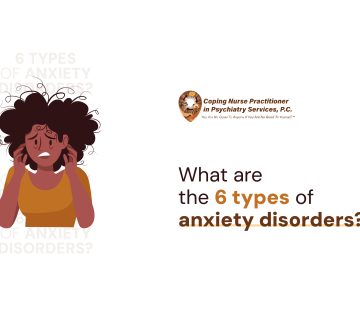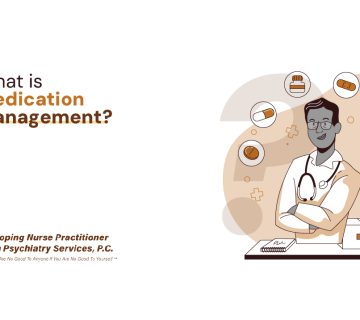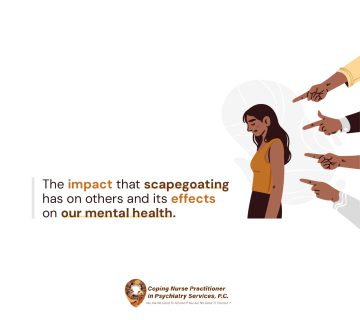Living with diabetes can be a constant balancing act, monitoring blood sugar levels, following a strict diet, and managing medications — it’s a relentless effort to stay physically well.
Then again, there is also another aspect of diabetes that is equally pressing: its serious effects on mental health.
Essentially, diabetes is a disease where the body struggles to regulate blood sugar levels due to the pancreas not naturally producing enough insulin or none at all. Dr. Vansiea can relate to it too because she has Diabetes. In addition, her paternal grandmother and maternal great grandmother died of severe complications from Diabetes. She understands the battle with living with Diabetes and the effects it has on your social, spiritual, physical and mental health.
The disease may cause stress, anxiety and sometimes depression which may affect your mental health.
This extensive post takes a look at the context of mental health among people with diabetes.
We will discuss coping strategies as well as healthy living, therapy and the advocacy for the community’s mental health wellness movement.
The Effects of Diabetes on Patients’ Mental Health
Diabetes and the Mind
Let’s talk about the effects on mental health of diabetic patients.
Among the global diabetes community, the fight against the disease is not just physical; it’s a broad issue that affects:
- Emotional stability.
- Family dynamics.
- Even social interactions.
The rate of mental health disorders in diabetes patients is likely to be higher than in the general population.
In light of this alarming tie-in, we should take a closer look at the psychological side of the spectrum and the way it overlaps with diabetes management.
1. Excessive Stress and Anxiety
Coping with diabetes can be extremely stressful. There’s constant attention necessary to maintain glycemic control.
All of these are major stressors:
- Fear of hypoglycemia.
- Concerns about complications.
- The economic burden of treatment.
Combine this with the physiological impact of chronic hyperglycemia, which usually causes irritability, mood swings, and a general feeling of unease, and one ends up in a downward spiral of stress.
2. Depression and its Connection with Diabetes
Depression is a serious complication of diabetes, and the relationship between the two is not easily understood.
The biological changes that follow diabetes can directly add to the onset of depressive symptoms.
Additionally, the chronic and sometimes overwhelming nature of diabetes management itself can succumb to feelings of hopelessness and depression — this can create a pattern that’s difficult to get out of.
3. PTSD and Diabetes
For some diabetes patients, the constant watchfulness and possible life-altering consequences can create PTSD-like stress.
When patients recognize these symptoms and address them, they can move beyond fear and gain strength.
Symptoms of diabetes-related PTSD can be:
- Recurrence of frightening diabetes experiences.
- Avoiding diabetes-related tasks.
- Hyperarousal (a feeling of anxiety and stress).
4. Effects on Life Quality and Emotional Wellness
The psychological impact of diabetes goes beyond personal moments of distress.
It can deteriorate the patient’s perceived quality of life, diminishing self-esteem and confidence.
Many people feel that diabetes has robbed them of a normal life, causing a range of emotional responses that can be overpowering.
Mental Health Goals for Diabetes Patients
Given the growing need for emotional strength in diabetes care, setting mental health goals should be an important part of the treatment plan.
The concept of wellness in the context of diabetes management is an important one — which includes both physical and mental health.
The end goal is to encourage a positive and supportive environment, giving patients the chance to manage their mental health well alongside their physical health.
1. Balancing Emotional and Glycemic Control
Education and support are necessary to help patients understand that mental well-being can have a direct influence on glycemic control.
It’s about creating a balance where emotional health isn’t compromised in an effort to maintain healthy blood sugar management.
2. Making a Routine for Mental Wellness
Just as patients have set up routines for blood glucose monitoring and medication, so too should they adopt consistent practices for mental wellness.
This routine should include activities that are known to ease stress, for example:
- Regular physical exercise.
- Daily check-ins with yourself.
- Mindfulness.
- Making time for hobbies that fill you with joy.
3. Learning Self-Care and Healthy Coping Mechanisms
It is vital to develop a self-care culture that values mental health.
These include examples such as reading, music, art, and nature, which are mind-relaxing and brain-stimulating activities.
This means that people who have diabetes can manage their chronic illness by using successful coping strategies.
4. Finding Balance and Acceptance
It is also a continuous challenge for an individual with diabetes to strike a work-life balance.
For example, acceptance is another significant stage in this process as it enables the victim to see the grief through persistence and adjustment.
5. Strengthening Support Networks
Essential support networks have an important role in care for diabetics such as family members, friends, healthcare providers and even diabetic support groups.
Sometimes, just knowing that you are not going through it alone and having some resources may be beneficial to those who are experiencing anxiety and depression.
The Power of Understanding Your Mental Health
The concept underpinning mental health issues among people who have diabetes is one that runs throughout the discussion.
By increasing awareness of these issues, a person can regain emotional balance, hence improving their overall state of health.
1. Finding Triggers
Understanding what factors contribute to stress and anxiety is a crucial step.
Trigger factors can be different for each person, but common themes include the pressure to achieve perfect blood sugar levels, societal stigmas, and the shifting requirements of diabetes management over time.
2. Cognitive-Behavioral Strategies for Coping
Cognitive-behavioral strategies can be helpful in changing the negative thought patterns and behaviors related to diabetes.
These strategies can:
Help patients rethink their experiences.
Set realistic expectations.
Construct healthy coping methods.
At Coping Nurse Practitioner in Psychiatry Services, Dr. Vansiea provides psychotherapy along with coping skills recommendations to help one find healing and inner strength in order to move forward with living with Diabetes because she understands.
3. Building Stability and Coping Skills
Being mentally strong means being able to bounce back from life’s hardships, and building this skill is an essential aspect of mental health care for those with diabetes.
Practices like meditation, progressive muscle relaxation, and even support from a therapy pet can help you cope and calm you down.
Celebrating Progress, No Matter How Small
There is a need to recognize even the smallest achievements in the face of numerous challenges related to diabetes.
We might as well congratulate ourselves on every step we make in living healthier lives because doing so could set us up for better days ahead filled with joyousness plus hope.
Final Note
Comprehending the tangled relationship between diabetes and mental health is an essential starting point for those living with the condition and their caregivers.
It is only through recognizing the long-term effects of diabetes on the mind that we can develop a model of healthcare that is truly holistic and person-centered.
By educating continuously, creating supportive environments and engaging proactive attitudes; we can address many of the mental health difficulties associated with diabetes.
The voices of those within the diabetes community, along with the dedication of healthcare providers and researchers, can influence change, reduce negative perceptions of mental health discussions, and ultimately point to better outcomes and a greater sense of wellness for all.
Get Help from Dr. Vansiea
Should you or any of your close relatives struggle from diabetes along with mental health challenges, Dr. Vansiea is here to help you.
Dr. Vansiea offers personalized treatment plans that support patients, build strength, and encourage a balanced approach to health.
Contact us at Coping NP Services.
FAQ Section
What is a mental goal?
A mental goal is one that helps someone’s mental state improve, like feeling less stressed or generally happier.
Can being sick cause depression?
Yes, being sick, especially for a long time, can make you feel depressed because of the stress and limitations it brings.
How can I live without anxiety?
To live without anxiety, try habits that make you feel calm and happy, such as:
- Exercising.
- Practicing mindfulness.
- Eating well.
- Getting enough sleep.
- Sometimes, talking to a professional can help too.
How can I overcome the fear of diabetes?
To not be scared of diabetes, learn as much as you can about it, stay healthy, and talk to doctors or support groups. The key is knowledge is power. Knowledge along with insight and awareness helps you make better decisions about your health and utilize better and more effective coping skills.
Knowing more and having support helps lessen the fear. Dr. Vansiea understands the diabetic journey and we should never let fear incapacitate us in working towards or having a better quality of life.




